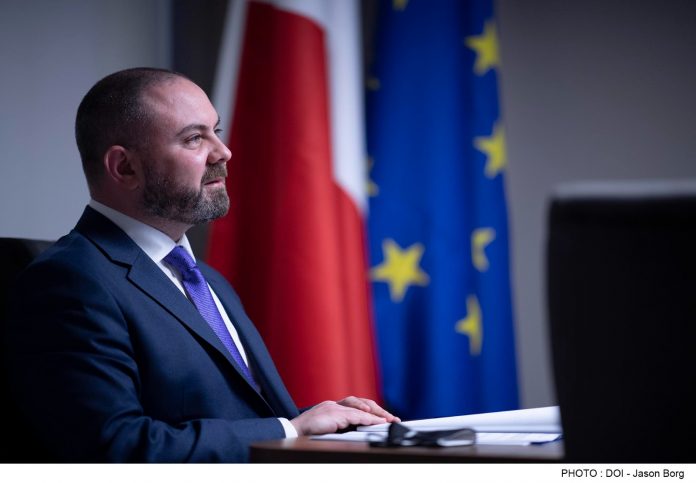Minister for Research, Innovation and the Co-ordination of Post Covid-19 Strategy Owen Bonnici stressed that a broad, inclusive and revitalised European Research Area policy framework for research careers should look to increase the recognition of skills and competences, enhance exchanges between industry and academia, improve support services, and increase the availability of training opportunities.
“For us, it is important that future EU initiatives on research careers are coordinated and designed jointly with the member states, taking into account national specificities and avoiding fragmentation,” Minister Bonnici said.
Speaking during an Informal Council of EU Research Ministers, Minister Bonnici said that Malta welcomes and supports the debate about research careers across Europe.
“The National Research and Innovation Strategy, which lead us till 2020, identified, as one of the priorities, the need for investing in researchers, as well as effectively addressing opportunities and careers for researchers,” he said.
Minister Bonnici explained that, post-2020, this remains a renewed priority for Malta’s research and innovation landscape. “Thus, the setting up for the first time of the Ministry for Research, Innovation and the Co-ordination of Post Covid-19 Strategy in our country is a step in the right direction,” Minister Bonnici said.
“We are well aware of the importance of fostering policies that support research career mobility and progression,” he said.
He explained that Malta needs to create opportunities that enable researchers to be mobile, thus remaining on motherland, particularly in the light of brain drain and unbalanced circulation of knowledge in the European Research Area.
“We support the proposal to reinforce and revise the European Charter for Researchers, the Code of Conduct and the EURAXESS Platform. Current rules and procedures of the Charter and Code are underdeveloped, and an evaluation of the two instruments’ effectiveness and viability should take place, analysing and examining the current state of affairs, the challenges and difficulties, their national platforms and their links and access to the central EURAXESS contact point,” he concluded.










